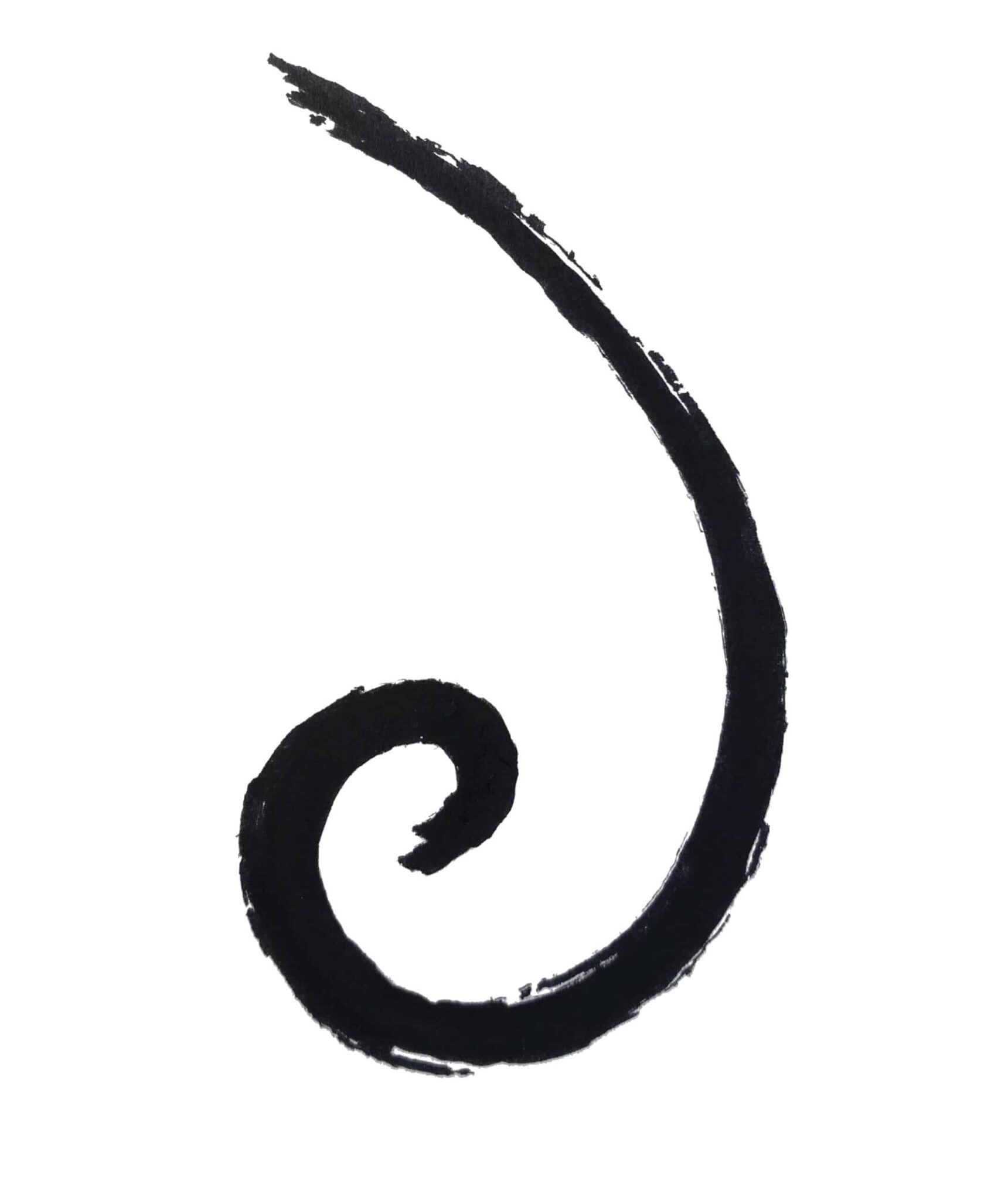
Robinson Jeffers (1887-1962) was an American poet whose philosophy of “inhumanism” examined the non-human world and rejected anthropocentrism. Writing from his stone tower home in Big Sur, California, Jeffers articulated perspectives that influenced deep ecological thinking.
Jeffers’ “inhumanism” proposed shifting attention from humanity to the non-human world. He suggested that human self-focus diminishes capacity to appreciate mountains, oceans, and wild processes of nature. His poetry depicts nature with geological and cosmic scope, situating human events against backgrounds of deep time and vast space.
He proposed that rocks, oceans, and hawks possess dignity and value independent of human purposes. Living on the wild California coast, Jeffers observed early environmental changes through development and wrote about civilization’s relationship with ecology. His poems examined what he termed the “anthropocentric delusion” that treats Earth as existing for human benefit.
Jeffers studied medicine and forestry before dedicating himself to poetry. He built his stone tower, Tor House, from local granite, living there from 1919 until his death in 1962. His integration of scientific understanding with poetic vision created works examining cosmic perspectives alongside place-based living.
Though controversial during his lifetime for his anti-war stance, Jeffers has been rediscovered by environmental movements. His influence on deep ecology stems from his examination of human place within larger natural systems.
Key Concepts
- Inhumanism: Philosophy shifting attention from humanity to the non-human world
- Geological Consciousness: Awareness of deep time and Earth’s processes beyond human timescales
- Cosmic Indifference: Recognition that universe has value independent of human purposes
- Anti-Anthropocentrism: Rejection of human-centeredness in favor of intrinsic value in nature
Essential Works
- “Tamar and Other Poems” (Peter G. Boyle, 1924)
- “Roan Stallion, Tamar and Other Poems” (Boni & Liveright, 1925)
- “Cawdor and Other Poems” (Horace Liveright, 1928)
- “The Selected Poetry of Robinson Jeffers” (Random House, 1938)
- “The Collected Poetry of Robinson Jeffers” (Stanford University Press, 1988-2001) - 5 volumes
Selected Quotes
The greatest beauty is organic wholeness, the wholeness of life and things, the divine beauty of the universe. Love that, not man apart from that. — “The Answer” (1935)
The beauty of things was born before eyes and sufficient to itself; the heart-breaking beauty / Will remain when there is no heart to break for it. — “Credo” (1928)
I believe that the universe is one being, all its parts are different expressions of the same energy. — Philosophical writings
Corruption never has been compulsory; when the cities lie at the monster’s feet there are left the mountains. — “Shine, Perishing Republic” (1925)
The tides are in our veins, we still mirror the stars, life is your child, but there is in me / Older and harder than life and more impartial, the eye that watched before there was an ocean. — “Continent’s End” (1924)
Humanity is the mold to break away from, the crust to break through, the coal to break into fire, / The atom to be split. — “Roan Stallion” (1925)
This coast crying out for tragedy like all beautiful places. — “Apology for Bad Dreams” (1928)
Further Reading
Biographical Sources
- Wikipedia: Robinson Jeffers
- Karman, James. Robinson Jeffers: Poet of California (Ashland Poetry Press, 1995) - ISBN 978-1-878044-42-9
Key Books
- The Selected Poetry of Robinson Jeffers edited by Tim Hunt (Stanford University Press, 2001) - ISBN 978-0-8047-4149-3
- Rock and Hawk: Selected Shorter Poems (Random House, 1987) - ISBN 978-0-394-74778-8
Related Resources
- Tor House Foundation - Jeffers’ home and stone tower, Carmel, California
- Robinson Jeffers Association
